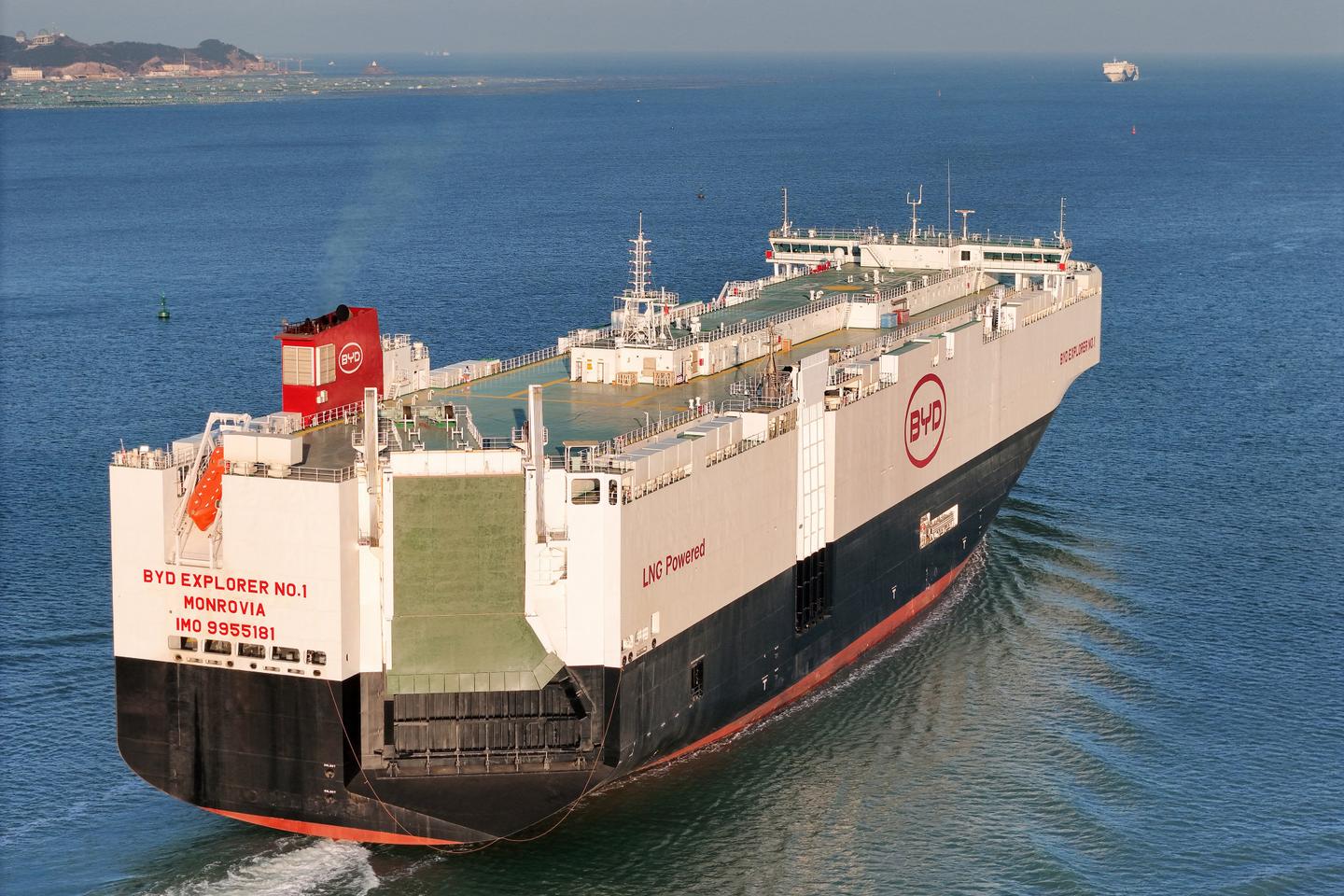


Land conflicts are shifting to the seas. Attacks by Houthi rebels in Yemen targeting merchant vessels in the Bab al-Mandab Strait, south of the Suez Canal, in response to the war between Israel and Hamas, are the latest illustration of this development. The Black Sea has also become the theater of the conflict between Russia and Ukraine. Add to this the sabotage of the two Nord Stream gas pipelines in the Baltic Sea in September 2022, and even Western sanctions against Russia which, by preventing the insurance of oil transport above a certain price – $60 (€55.29) a barrel – disrupt its shipments. "Far from being a series of coincidences, these naval blockades mark the end of the seas as common spaces," according to Maxence Brischoux, a researcher at the Centre Thucydide at the Université Paris Panthéon-Assas.
Places without borders and having enabled the rise of globalization by supporting 80% of the world's goods transport, the seas are under threat, according to the researcher, by geopolitical fragmentation. The main shipping routes are the first to be affected. Their disruption gives international resonance to local conflicts, at very little cost, even though other routes, often long and costly, may be chosen.
In response to attacks by Houthi rebels in the Bab al-Mandab Strait, just 30 kilometers wide despite the fact that 12% of the world's goods traffic transits through it, the US has set up an international naval military coalition to ensure maritime security in the region in just a few weeks. The war in the Black Sea has disrupted grain transport to the point of threatening the food security of Middle Eastern and African countries, forcing them to become involved in a diplomatic solution.
These attacks have a multiplier effect, and with the spread of missiles and drones to small non-state armed groups, they are likely to become increasingly numerous. This fragmentation is also evident when it comes to access to resources, as in the case of the gas deposits disputed by the Greeks, Cypriots and Turks in the eastern Mediterranean.
China's ambitions
Which zones are the most vulnerable? "It's the enclosed seas, which are easy to block, where human activity is often concentrated, and close to conflict zones," explained Brischoux. This is the case in the South China Sea, the Baltic Sea and the Persian Gulf.
These naval blockades represent a far greater threat than maritime piracy. Container ships cannot respond to drone and missile attacks with a only few armed guards on board. They need to be escorted by military vessels, which is what's happening in the Bab al-Mandab Strait.
You have 25.21% of this article left to read. The rest is for subscribers only.
